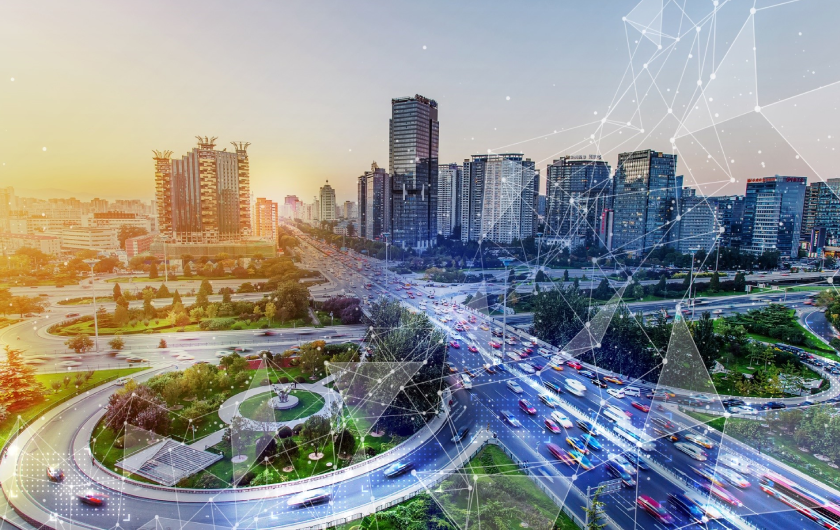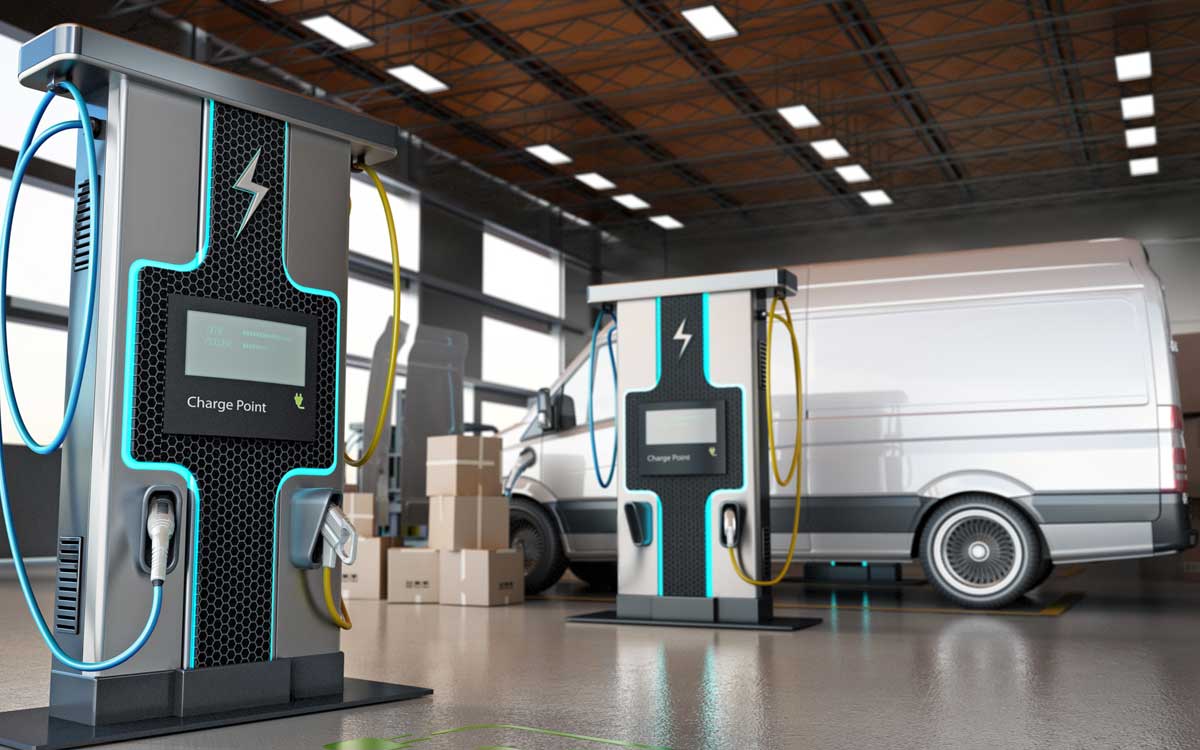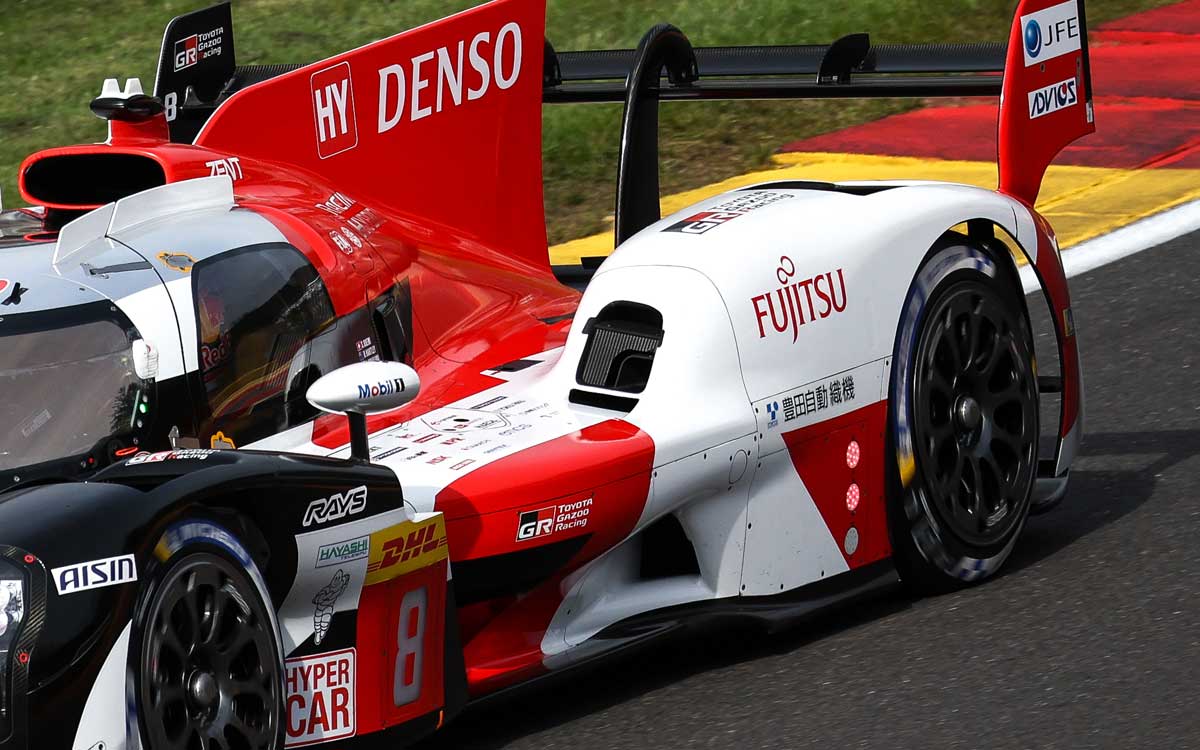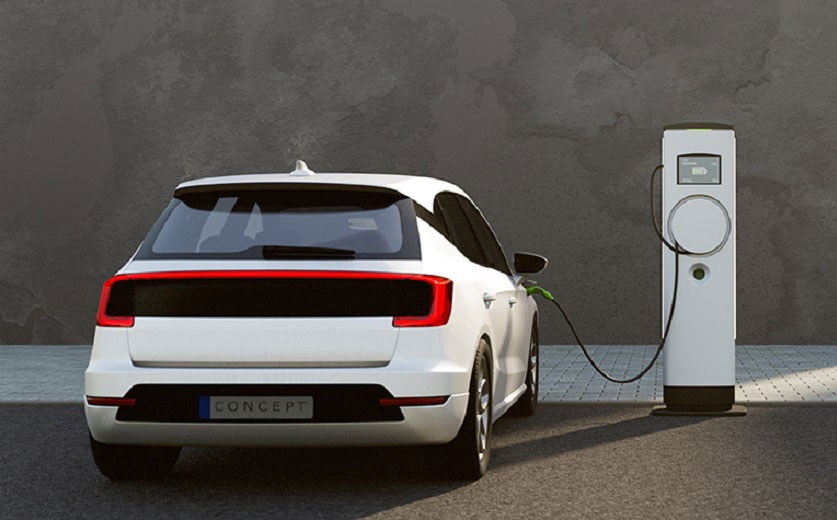
The future of automotive - MaaS, electric cars, and autonomous vehicles.
Do you remember when we used to tune in to our favorite TV shows at the actual time they were broadcast or when we relied entirely on hotels for vacation accommodation or visited stores to purchase what we need? The last two decades have seen disruption sweep through many traditional industries, with fast-moving digital newcomers such as Amazon, Netflix, and Airbnb casting aside longstanding players – many of them blue-chip companies whose market leadership positions were once considered unassailable. With the rise of digital, our behavior has completely changed.
One common factor linking all these disruptors is positioning the consumer experience as central to their business plans. Disruptors such as Amazon and Netflix have catered to desires we didn’t even know we had – and from this starting point flowed innovative new approaches and business models. However, there remains one traditional sector that has yet to be disrupted in the same way – that’s automotive. But change is coming for car makers too.
Drivers for change
Sustainability – a priority for Gen Z
The mighty automobile’s once undisputed position as a key status symbol has been slowly eroded. Millennials and Gen Z, the latest generations of car buyers, are significantly less interested in owning a vehicle than their predecessors. Thus car ownership – which once represented freedom for each new generation of drivers – is now holding us back. Particularly in urban areas where the under 40s are less interested in the car they’re driving and more interested in getting to their destination as fast, cost-effectively, and conveniently as possible. When they do buy, these generations demand more sustainable, environmentally friendly products. Gen Z is turning its back on fossil fuels and already represents the largest group of electric vehicle owners.
IoT and connected services
The other key driver for change has been the unprecedented levels of connectivity we all enjoy. An extraordinary number of people, devices, and ‘things’ now constantly collect and share terabytes of data over 5G networks. Our growing ability to process and analyze this data has led to many exciting new personalized services. The availability of this data is also causing the blurring of lines between traditional industries – consider that for centuries financial services were the preserve of banks. Today, a significant percentage of financial services are purchased from retailers, telcos, or other businesses. Our ‘always-on’ lifestyles also mean that we increasingly expect the same instant gratification delivered by mobile apps in all areas of our lives.
Mobility as a Service (MaaS) – the rising trend
These trends will start to converge with the emergence of . This concept essentially offers travelers and commuters a single interface to plan and pay for each trip via public transport, taxi services to deliver transport on demand. Soon, autonomous vehicles will join that line-up. But while this trend will bring increased convenience and cost-savings to consumers, it essentially relegates vehicles themselves to commodity status. And this also means currently sought-after branded components, such as tires or brakes, will increasingly become irrelevant.
Accelerating Change in 2020
Automotive manufacturers are trying to address these trends – with plans to transition towards more service-centered business models and readying for Mobility as a Service (MaaS). As an industry, we had anticipated an inflection point in around 2028. At this point, it was anticipated that carmakers would have diversified their revenue streams by monetizing their collected data, delivering mobility and addressing last-mile delivery. But then the Coronavirus pandemic struck and everything changed.
Now, in mid-2020 most car makers find themselves with shuttered plants and dealerships, far too much inventory, and the prospect of many more cycles of closures and reopening to come. What’s more, almost overnight, the demand for products has changed. Businesses have figured out how to manage remote workforces. In many cases, this has had the knock-on effect that the daily commute (the most common need for car ownership) has evaporated, while many customers who have been furloughed or have lost their jobs are finding it hard to justify keeping their vehicle – let alone planning a replacement.
At such an unsettling time, it’s understandable that many manufacturers want to just batten down the hatches and carry on as before to weather the storm. During a time of restricted cashflow and very uncertain pipelines, it’s tempting to focus on cutting costs to minimize the hemorrhage until things return to normality. But the unfortunate truth is the Coronavirus has led to an irrevocable change for the automotive industry. Rather than postponing the inevitable transition to a future-focused around mobility services, not vehicles, the fallout from the pandemic is instead accelerating it. The fork in the road where automotive brands need to decide whether to focus on services or manufacturing is suddenly much closer than we thought.
Automotive 2.0
However, within the automotive industry, this is not the time for knee-jerk reactions - it’s the time to start implementing Automotive 2.0 (Auto 2.0). Once the health and safety of employees and customers can be ensured, then the priority for automotive manufacturers is to make balanced, smart decisions that address short term needs in addition to laying the foundation of delivering medium- and longer-term objectives. The immediate opportunity is to reduce costs by driving digitalization further into manufacturing production through process optimization. But every decision should be made in the context of their future selves. For example, it’s crucial for manufacturers on the cusp of implementing a new enterprise resource planning system (ERP system) to ask if this will still fit the business they will become.
The next area of focus will be to accelerate the diversification of new revenue streams by monetizing data. The great news is that car manufacturing is already one of the most data-driven industries – consider the digital factory, the increasingly connected experience available to car passengers and drivers, and the enormous amounts of data collected – not only by autonomous vehicles but also by regular passenger cars. The challenge for manufacturers is to find new customers for that data – from local councils interested in traffic patterns to driving trends that might be of interest to advertisers. Looking further down the road, manufacturers must plan what role they want to play in a future Mobility as a Service (MaaS) scenario and define their vision of the customer experience they want to deliver.
Defining this customer experience is by no means easy. It requires starting with a blank page to reinvent what the best possible solution for the consumer might be. Just like the digital disruptors have done, car manufacturers must imagine the future without sentimentality about the past. The Golden Age of the automobile might have passed, but people will always need transport and manufacturers must now innovate to secure their place in the future. With their future vision in place, all they need do is work towards it.
To find out more about what the future of the automotive industry might look like, and Fujitsu’s process for helping businesses in the industry discover and deliver their future selves, join Paul Warburton’s Global Breakout session during ActivateNow – Fujitsu’s 2020 virtual conference. Register for the event here: Fujitsu ActiveNow












